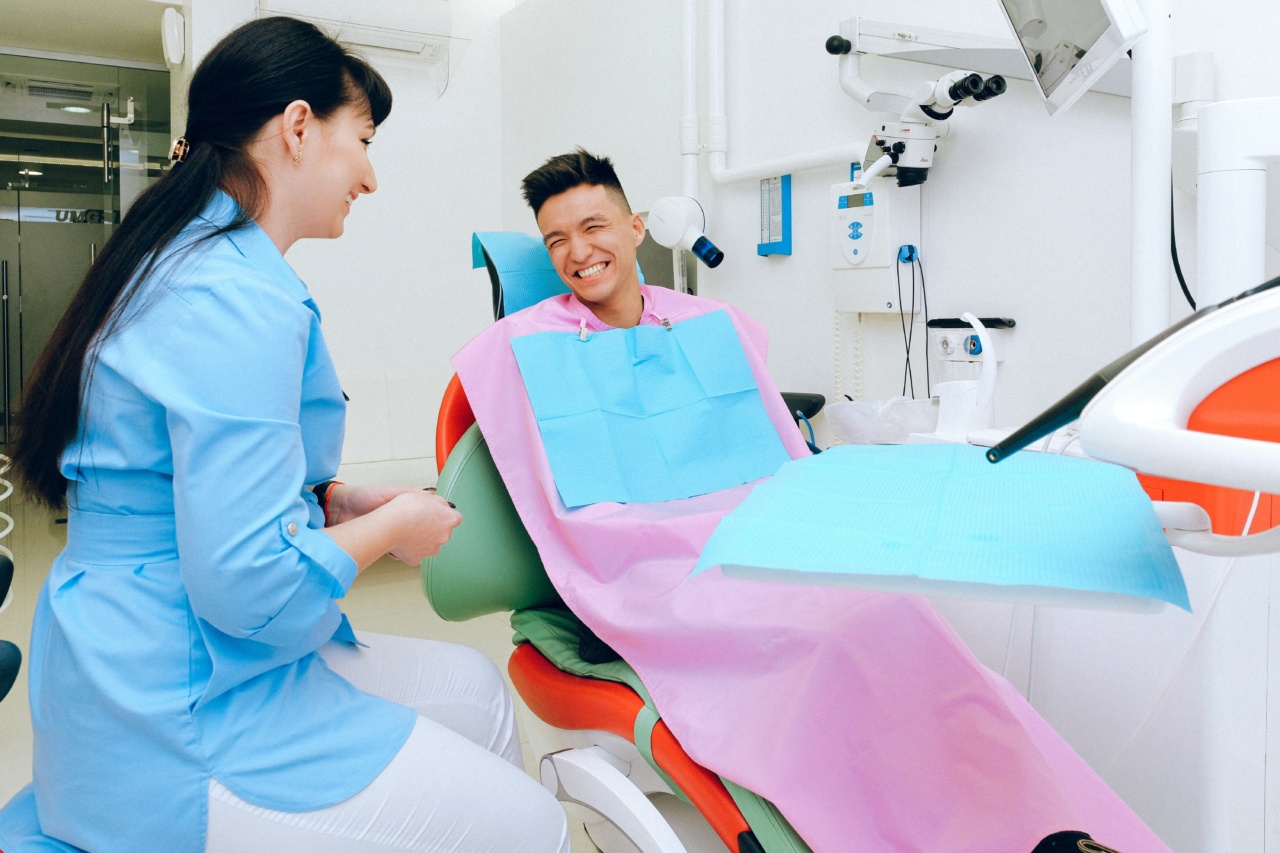Atopic dermatitis, also known as eczema, is a chronic skin disease that affects 10% to 20% of children and can begin as early as infancy. While atopic dermatitis is not contagious, it can be uncomfortable for babies and stressful for parents.
Here are some expert tips to help parents manage their infant’s atopic dermatitis:.
1. Identify Triggers
Atopic dermatitis triggers can vary from child to child. Common triggers include stress, irritants such as soaps and detergents, temperature changes, and food allergies.
Parents can monitor their baby’s exposure to potential triggers and try to avoid them by using fragrance-free products and dressing their baby in breathable cotton clothes. If you suspect a food allergy is causing your baby’s eczema, consult with your pediatrician or an allergist.
2. Keep Skin Moisturized
Babies with atopic dermatitis have dry, itchy skin that can crack and bleed. Keeping their skin moisturized is key to preventing flare-ups. Use a thick, fragrance-free ointment or cream after bathing your baby to lock in moisture.
Avoid lotions that can contain alcohol, fragrances, and other irritants.
3. Bathe Your Baby in Lukewarm Water
Hot water can dry out your baby’s skin and make atopic dermatitis worse. Instead, use lukewarm water to bathe your baby for no more than 10 minutes. Avoid using harsh soaps and instead use a gentle, fragrance-free cleanser or bath oil.
Pat your baby dry with a soft towel and apply moisturizer immediately after.
4. Dress Your Baby in Soft, Loose Clothing
Tight-fitting clothes can irritate your baby’s skin and make atopic dermatitis worse. Dress your baby in soft, breathable cotton clothing. Avoid wool and synthetic fabrics like polyester, which can be rough on your baby’s skin.
5. Follow Your Doctor’s Treatment Plan
Your pediatrician or dermatologist can create a treatment plan for your baby’s atopic dermatitis, which may include prescription creams or ointments. It is important to follow their instructions and take any prescribed medications on schedule.
Be sure to ask questions and voice any concerns you may have about your baby’s treatment plan.
6. Reduce Stress
Stress can exacerbate atopic dermatitis in both children and adults. Try to create a calm, relaxing environment for your baby. Play soft, soothing music, and avoid overstimulation.
If you are feeling stressed, seek support from family, friends, or a mental health professional.
7. Seek Support
Parenting a baby with atopic dermatitis can be stressful and overwhelming. Seek support from family, friends, or a support group for parents of children with eczema. Share your experiences and find comfort in knowing that you are not alone.
8. Be Patient
Atopic dermatitis is a chronic condition that can take time to manage. There may be periods when your baby’s skin is clear, and other times when it is flaring up.
Be patient and persistent in following your doctor’s treatment plan and managing potential triggers.
9. Monitor Your Baby’s Skin
Keep an eye on your baby’s skin and track any changes or improvements. Take photos if necessary to document any changes in severity or location of eczema.
This can help you identify potential triggers and track progress in managing your baby’s condition.
10. Be Diligent in Prevention
Preventing flare-ups is an ongoing process. Continue to monitor your baby’s exposure to potential triggers and keep their skin moisturized.
Consult with your pediatrician or dermatologist if your baby’s atopic dermatitis is not improving or if you have concerns about their condition.































